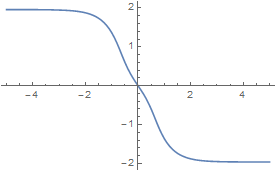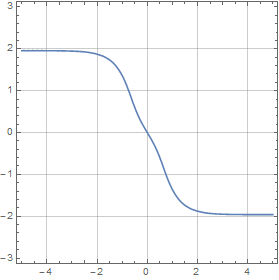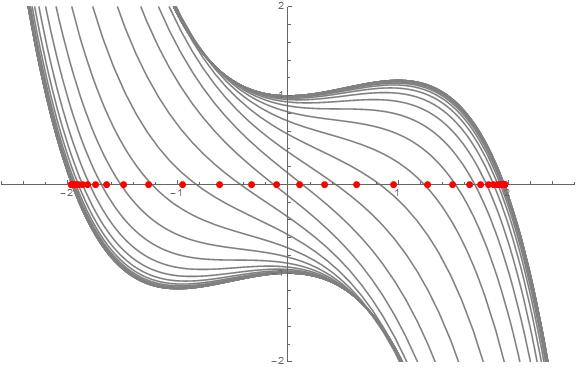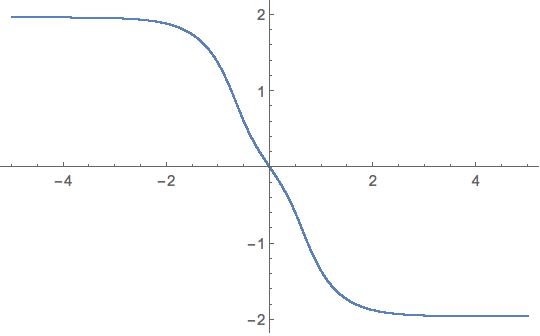We wish to find $y(x)$ such that $f(x,y(x)) = 0$. We know that $f(0,0) = 0$; thus, $y(0) = 0$. We also know that if $f(x,y(x)) = 0$, then
$$
\frac{d}{dx} f(x,y(x)) = 0
$$
as well. Thus, we can replace the condition $f(x,y(x)) = 0$ with the conditions
$$
\frac{d}{dx} f(x,y(x)) = 0, \qquad y(0) = 0.
$$
These two equations are a first-order differential equation in $y(x)$, and an "initial condition" for $y(x)$. It's still not exactly soluble, but NDSolve can handle it numerically and return an InterpolatingFunction solution. You can then feed your desired values of x into the InterpolatingFunction using Map to get a corresponding table of $y$-values.
Implemented:
f[x_, y_] = Sinh[y] - (y + Tanh[x]) Cosh[y] - y Sech[x]^2;
soln = NDSolve[{y[0] == 0, D[f[x, y[x]], x] == 0}, y, {x, -5, 5}];
xList = Array[# &, 10000, {-5, 5}];
yList = First[y /. soln] /@ xList
This method has the advantage of not calling a numerical root-finder such as FindRoot or Solve 10,000 times, and so is pretty fast. On my machine, I get a result within about 40 milliseconds.
If you want to plot it, you can do that too:
Plot[y[x] /. soln, {x, -5, 5}]
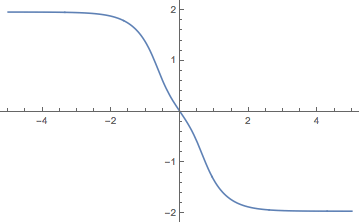
Note that this method relies on three facts:
- there was only one connected contour of $f(x,y) = 0$,
- it led to a well-defined function $y(x)$, as opposed to multiple $y$-values corresponding to a single $x$, and
- we knew a point that it passed through, namely $(0,0)$.
If you picked another $f$ you might not have such luck. Condition 3 would be easy enough to relax (a FindInstance call would probably give you a starting point for your initial conditions), but Conditions 1 and 2 would be harder to get around.

